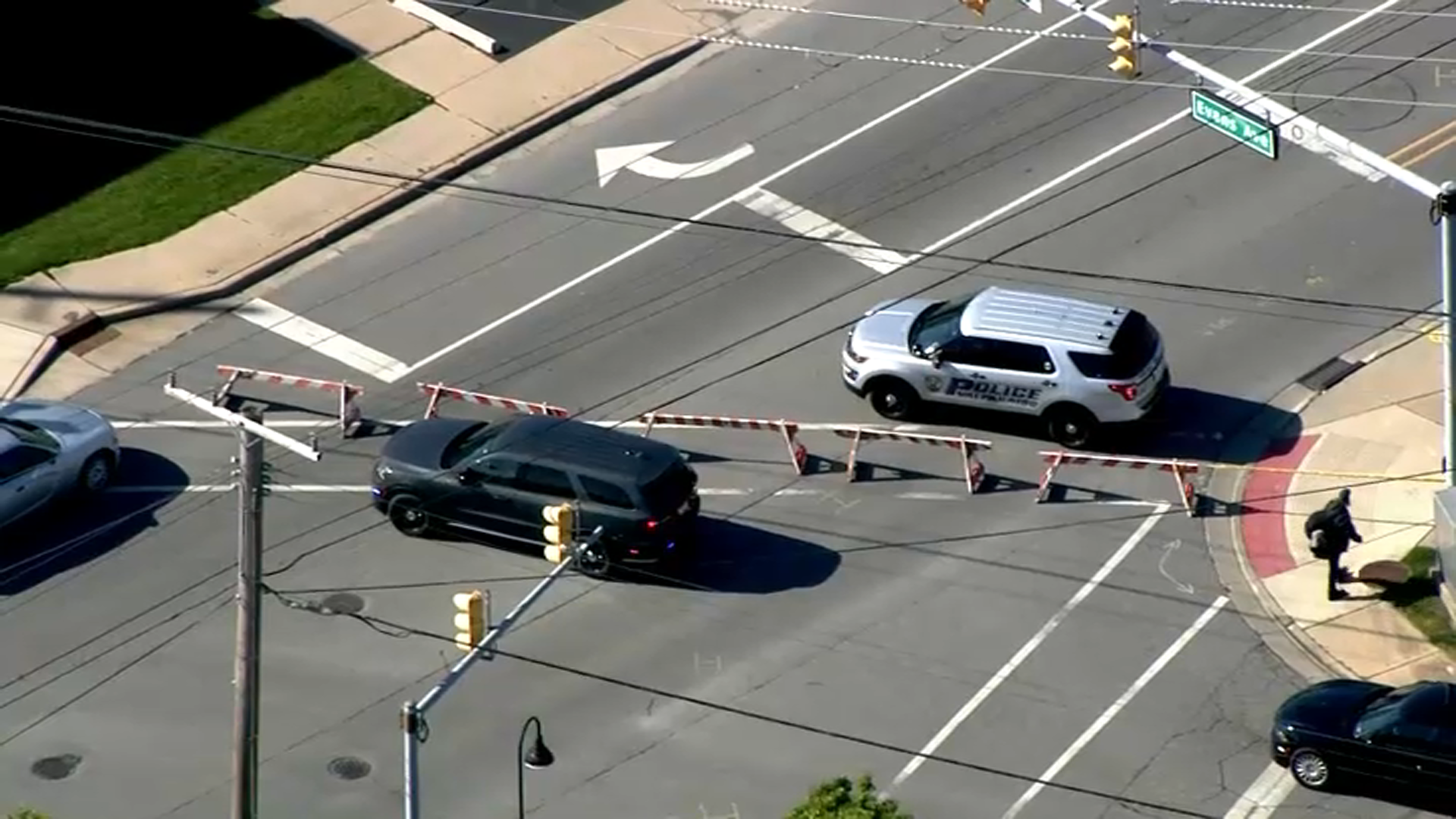When people think of entrepreneurship, it's tempting to picture someone starting an office in their garage and proudly staring at their freshly minted business cards.
But there's another strain of entrepreneurship, which is franchising, or when a company authorizes an individual or group to act as an agent for the originating company's products or services. In simpler terms, just going into business for yourself by running an outpost of someone else's business.
To hear more about this relationship between franchisor and franchisee (but not francheezies), I tracked down two folks from FirstLight HomeCare, a provider of non-medical, live-in and hourly care services. Specifically, President/CEO Jeff Bevis in Cincinnati, Ohio and his franchisee, CEO/Owner Brian Foster in Plainfield and Naperville.
For our readers who are not familiar with your company, can you get them up to speed on what you guys do?
Jeff Bevis: We provide non-medical, in-home care, primarily for seniors but also really anyone 18 years of age or older, David, that need a little bit of extra care, non-medical attention in their home and hospital, nursing home or assisted living facilities.
So, what do you guys look for in a franchisee?
Jeff Bevis: Well, we look for someone who first of all has an alignment with us on our philosophy, culture of care, very service-oriented, really we look for leaders. People who want to make a difference, certainly it is a for-profit business but we want to make sure we have people that are very well aligned from a service standpoint. It's important, of course, to enjoy being around seniors and seeing the growing demand for our types of services, especially in the senior age group.
Local
People who are franchisees, in your experience, why do they usually choose to enter this market?
Brian Foster: My heart loves to serve, to give back. I spent 32 years as a healthcare executive at the Illinois Hospital Association and when my boss retired and there was a change of leadership, I found myself looking and asking, "What next?" I really wanted to align myself with a business or a service that was dedicated to helping others in the community. I really wanted to finish that way and had the fortune of being lead, if you will, to FirstLight HomeCare and to meet Jeff, to be able to sit down and talk seriously about the culture of care and their goals and their ambitions. I was really excited about that opportunity and I feel through my faith in this company that I can really make a difference here locally in the lives of families. But certainly the children who want to make sure that their moms and dads are cared for properly, and make sure they understand the choices that they have in the marketplace and what resources are available. It's simply to serve.
What are some of the challenges of getting noticed in those markets that you're in?
Brian Foster: The biggest thing for me is regardless of what we think and how well we believe our company can serve, there are established relationships in the market and people believe they are doing the best that they can. I think there's still opportunity out there, there's a couple of things that I've come in with. One is you have to hold and be committed and confident in why you're in this business. We just talked that. You have to hold on. You're gonna hear a lot of negative things. People wondering why you got in. There is competition in the marketplace. You're gonna hear about it. But you have to committed and confident.
The next thing is you're going to have to be patient but persistent at the same time. Because of the established relationships are there. People believe in what they're doing. You can't go down and tear that down. You have to go in and present another alternative, someone they can trust. It's a relationship business. And that sometimes takes time. We were on the phone, and Jeff and I were just kicking that around a little bit. So, you're going in and presenting an alternative. You have to be patient with them. You have to be persistent, and there's a balance there. Of course, obviously, you have to be prepared and ready when the opportunities do break for you.
Jeff Bevis: If I can chime in here, too, our experience and depth of knowledge at the franchisor levels is really, I think, a good lever for us as we go to different markets all across the country because we're able to help owners like Brian be able to avoid some of the pitfalls because of the knowledge that we have. More tools, more systems, more processes from a franchisor standpoint that help our franchisees be able to hit the ground running faster. And then we do quite a bit of SEO, SEM and pay-per-click that specifically target to the adult child, because that is more and more the decision maker in our industry for our service.
Did you just say "adult child?" That's the term for it?
Jeff Bevis: [Laughs.] Yes, kind of a contradiction in terms. But, yeah, as Brian mentioned, the adult child is more the decision maker very often for who's going to care or what type of care will be given to the senior.
Jeff, what was appealing about the markets that Brian was in that made you want to franchise out there?
Jeff Bevis: Well, I think the demographics, the senior population, the income levels -- we look at the census data together with Brian, with each of our franchise owners to make sure there's a solid client base there. And those numbers were very, very strong in his particular area. So that was probably the No. 1 drawing card after or past the fact of finding the right person as the right franchise owner in Brian. Because we can look at the demographics, David, anywhere in the country and find great, great markets but you've got to find great franchise owners to partner with you. And the execution there is really, really critical.
For people who have never franchised a business before, but are thinking that's something they'd like to do whether it's in this market or another one, can you walk them through the process and how long it takes?
Jeff Bevis: Sure. It'll vary by different franchise systems, but it's definitely not something that they should rush into. I would say realistically they should spend a good 30 to 60 days evaluating different companies, even on the front end, to really try to find the best fit for them as an industry and a market and type of clientele and type of business and investment. And then once they've narrowed that down to maybe a couple two or three industries. Then, when they identify franchisors in those industries that appeal to them, and this is probably more and more driven, almost totally driven off of websites. Looking at different franchisor websites, once they identify those, then really working to get to know the franchise team and find the right fit for them. But it's definitely an R&D approach. You're really doing research and development on the company, on the brand, on their service model or business model to find the right fit for you as a franchise candidate or potential franchise owner. The franchisor, hopefully, is looking for the same thing, too. If the candidate was looking at a franchisor that didn't have those types of values then I would say that should be a red flag.
Do you have any other advice for people thinking of franchising?
Brian Foster: I had the fortune of being introduced to the idea of franchising by a local franchise consultant company called FranNet. I met somebody locally who really was helpful, that I really believed was forthright and open in his discussion of looking at franchises and opportunities. I had been through a number of business developments in my career in the past. I know the kind of capital that's required to start from ground zero without any knowledge of the marketplace and the research and the marketing, the materials, the entries and just the basic policies, procedures and etc. I really felt the franchise had a lot of benefits to me to be in business to accomplish my goals and to serve. I really fell in love with the home-care business. I did have some help, and I think that's something to seriously consider, to get some local help if the business opportunities and franchises can assist you. I did that and it worked out very well.
Jeff Bevis: You really want to get a pretty good understanding, first, of what you think your strengths and weaknesses are and what industries appeal to you most. And then, certainly, investment or working capital range has got to be a driver, too, because as you probably know the No. 1 reason any business fails is undercapitalization, franchise or otherwise. You don't want somebody who has $100,000 to be looking at an investment that's really more than that. You need to know your strengths, know your weaknesses, know your investment range and what you're comfortable with and then also, I think, come to grips with what we call "the entrepreneurial leap." A lot of people get a little bit squishy, a little bit nervous about taking the leap and it's very, very typical. It's human nature for all of us to be uncomfortable stepping out of our comfort zone to take that leap. Just coming to grips with taking that leap, I think, is a pretty important word of advice, too.

David Wolinsky is a freelance writer and a lifelong Chicagoan. In addition to currently serving as an interviewer-writer for Adult Swim, he's also a columnist for EGM. He was the Chicago city editor for The Onion A.V. Club where he provided in-depth daily coverage of this city's bustling arts/entertainment scene for half a decade. When not playing video games for work he's thinking of dashing out to Chicago Diner, Pizano's, or Yummy Yummy. His first career aspirations were to be a game-show host.



